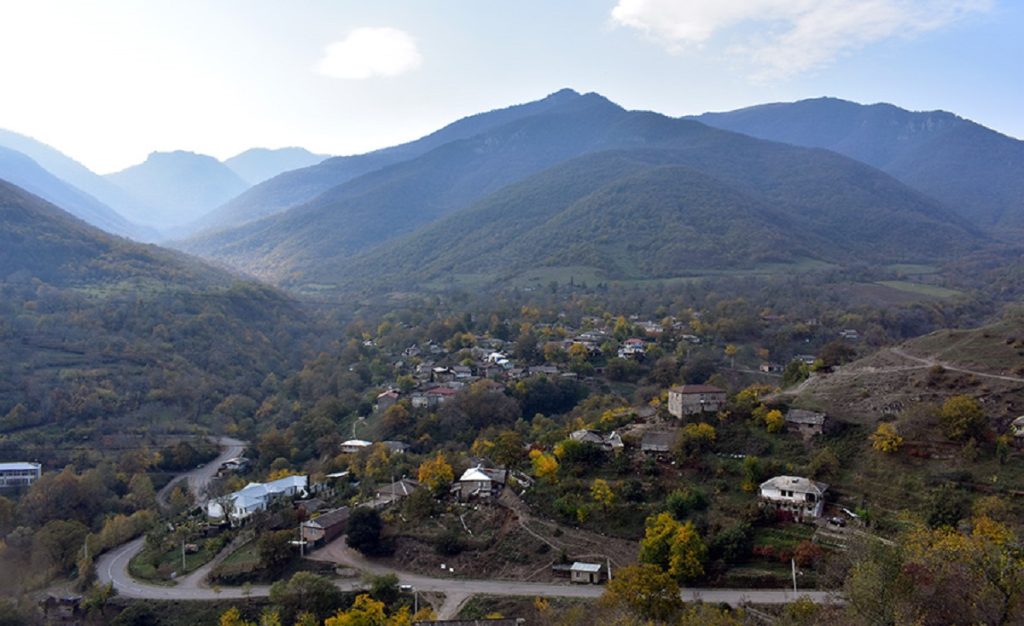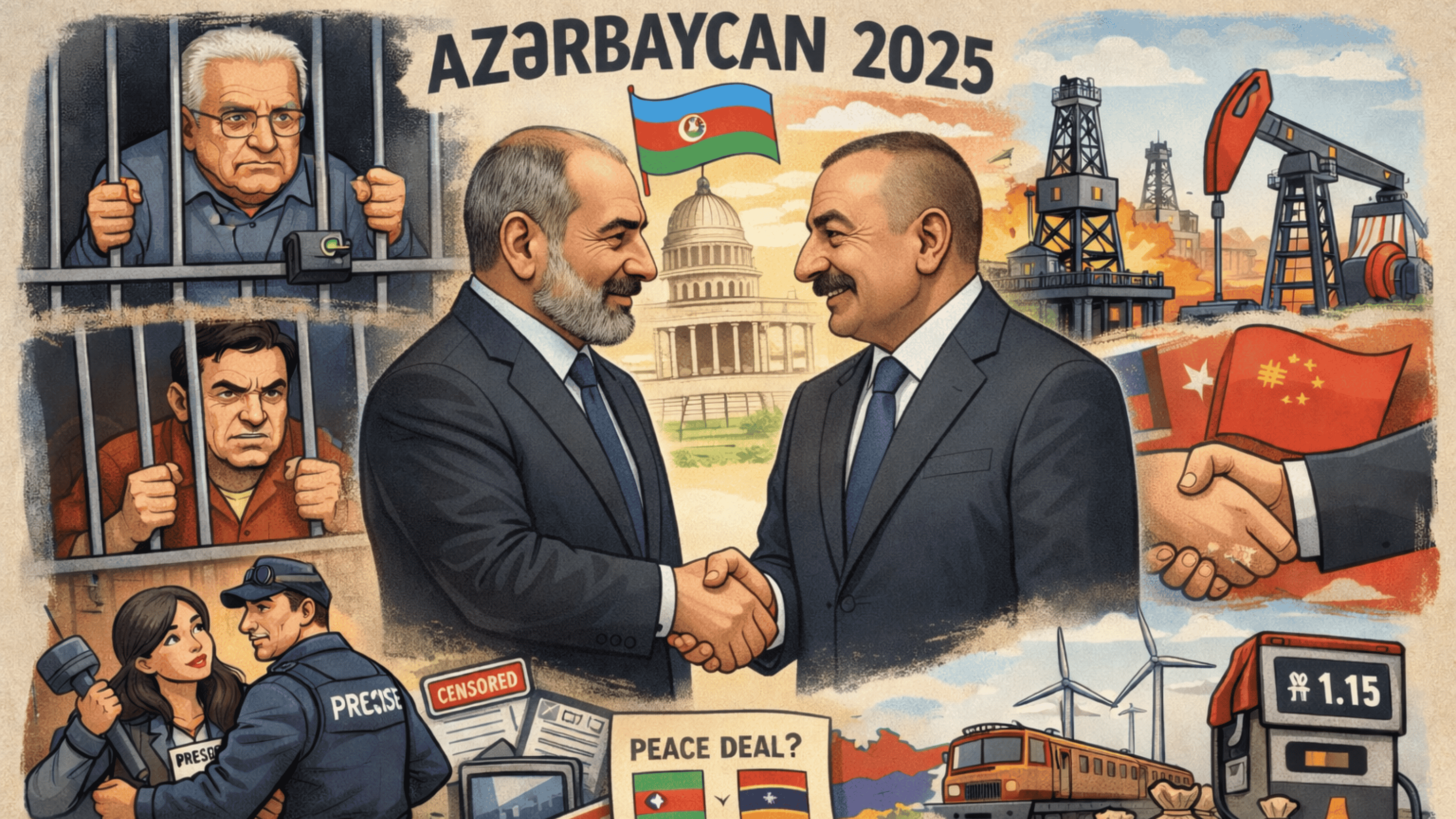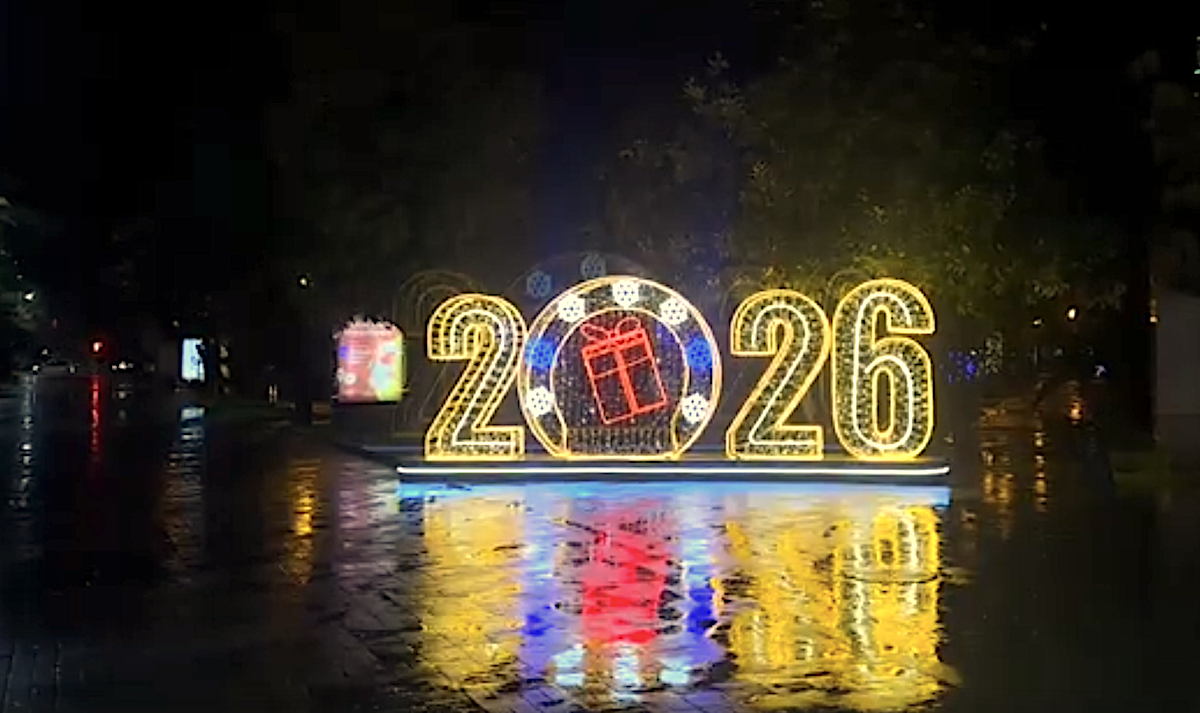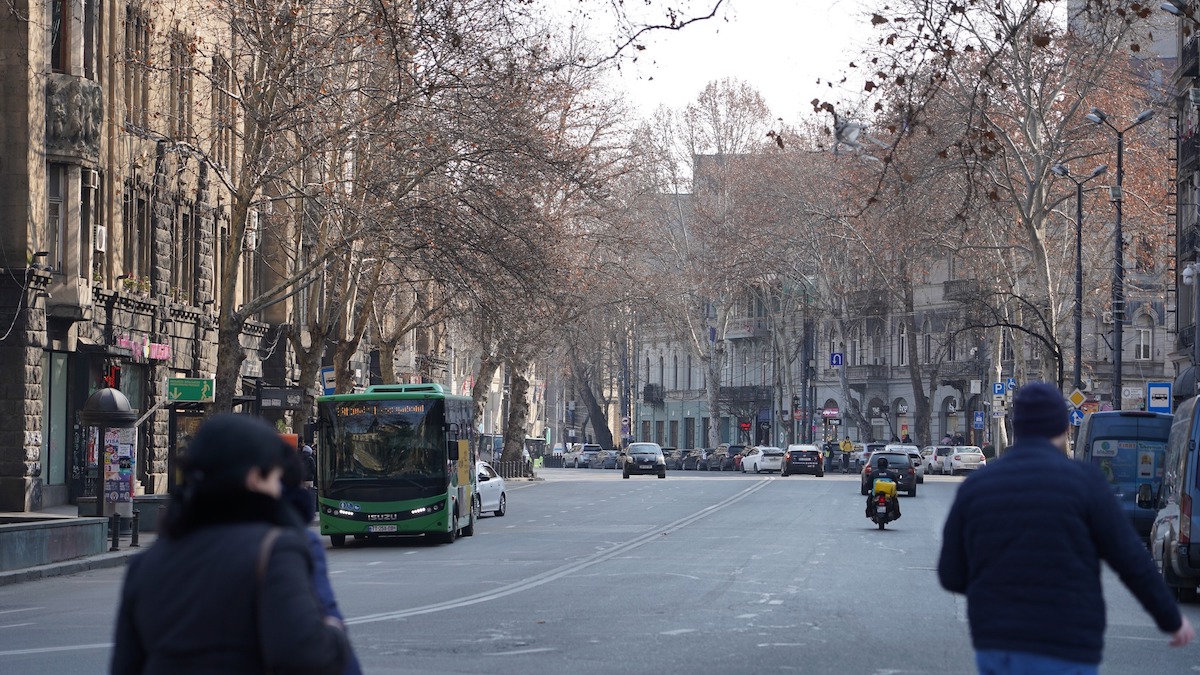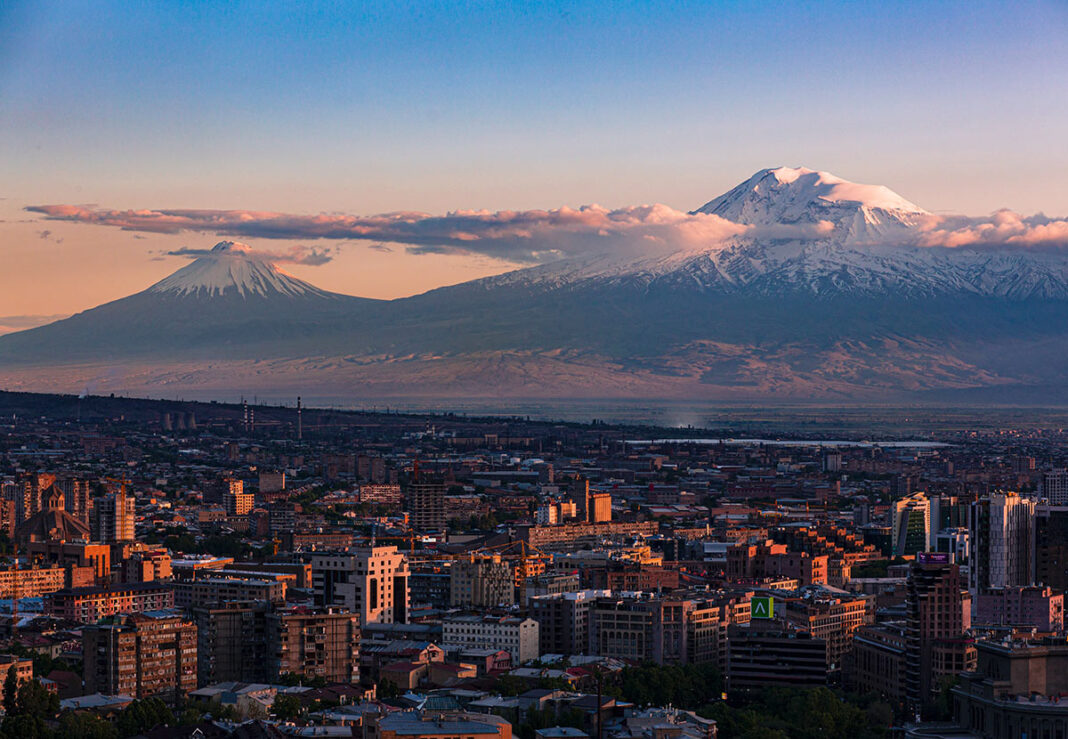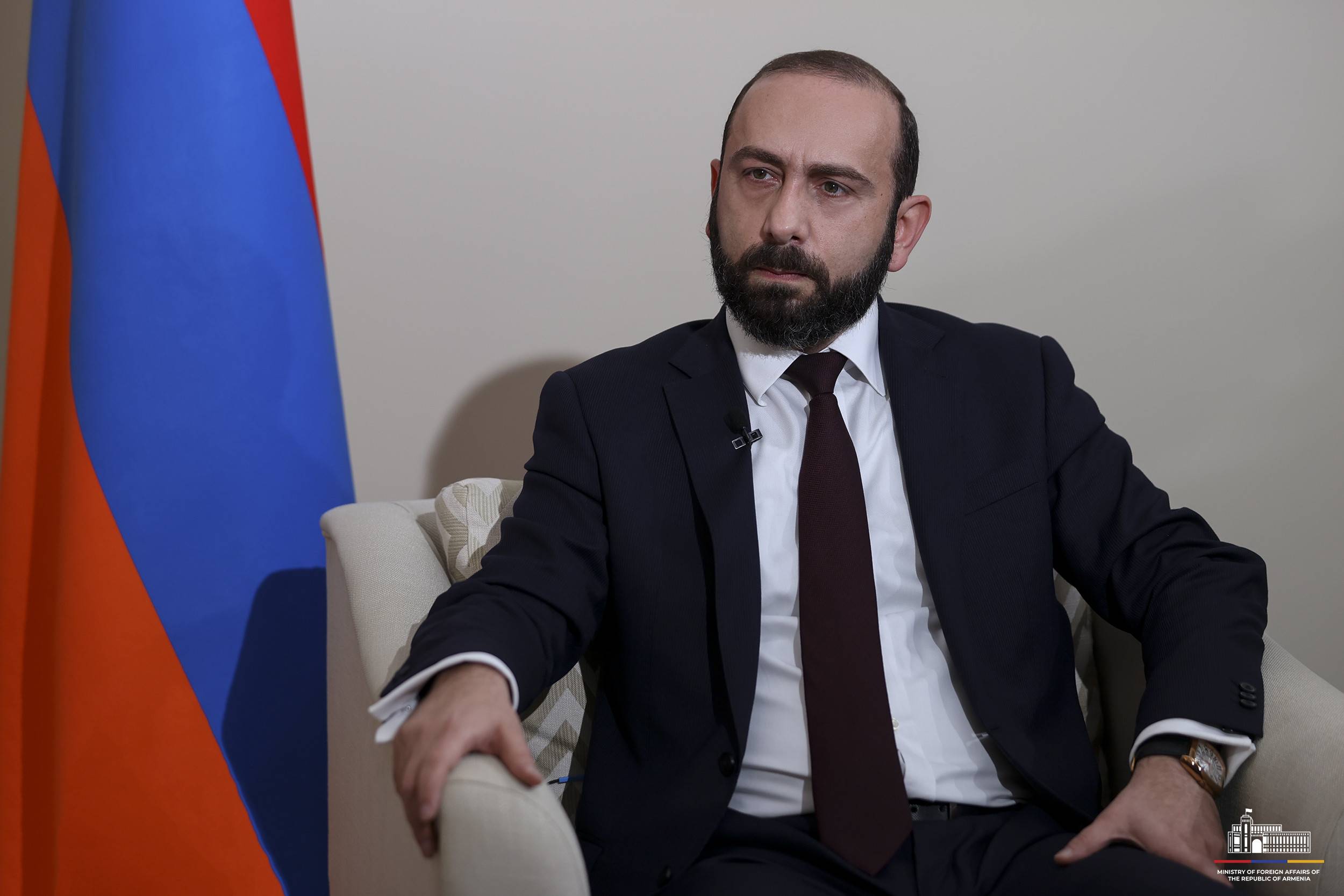"Baku attempts to halt border delimitation process": Opinion from Yerevan
Armenia-Azerbaijan border delimitation problems
Armenia and Azerbaijan‘s border delimitation commissions failed to agree on the Joint Activity Regulation by July 1, as planned. Vice-premiers of both countries had agreed on this in April. On that day, the vice-premiers’ offices of both countries issued identical messages that made no mention of this agreement. Instead, they stated:
“As of July 1, 2024, the commissions have exchanged draft regulations and held a series of discussions in a working manner. Negotiations continue in a constructive manner. The process of finalizing the agreement is planned to be completed soon.“
According to Armenian experts, this once again demonstrates that Azerbaijan is not inclined to continue the border delimitation and demarcation process. They believe that Baku has achieved its desired results in the Tavush-Gazakh sector, namely the return of its four villages, and may not pursue further actions. Some in Armenia even speculate that Azerbaijan’s early parliamentary elections are aimed at prolonging or altogether halting the delimitation process.
- Yerevan proposes joint investigation of ceasefire violations, no response from Baku
- “Armenia’s suicide” or interference in internal affairs? Commentary on the statement from Baku
- “Border guards on the border with Azerbaijan: A component of security, not a guarantee” – Opinion
In Armenia, the entire process from April to the present day is under discussion
On April 19, vice-premiers Mher Grigoryan and Shahin Mustafayev, who head the delimitation commissions, met at the Armenian-Azerbaijani border. Following the meeting, it was reported that important agreements had been reached. Specifically, the commissions agreed on the border lines in the Tavush-Gazakh segment.
Despite protests in Armenia immediately after this announcement, the delimitation and demarcation of this border section were completed. On May 15, Grigoryan and Mustafayev signed a protocol describing this segment of the border. Border guards from both sides are already stationed here.
Among the agreements in April was the provision to coordinate the Joint Activity Regulation by July 1. Subsequently, the documents were supposed to undergo “approval in accordance with the requirements of the laws of the parties.”
The key point in the April 19 document was that the parties agreed during the delimitation and demarcation process to be guided by the Alma-Ata Declaration of 1991. This means reproducing the “legally justified inter-republican border that existed within the framework of the Soviet Union at the time of its dissolution.” After agreeing on the Regulation, the parties planned to “continue the process of delimitation of all other sections of the border, including enclaves and exclaves.”
Comments
A specialist on Azerbaijan, Grigori Ayvazyan points out there are issues hindering the work of the border delimitation commissions:
“Such commissions are typically established between countries that have agreements regulating their relations, at the very least, diplomatic relations already established. In our case, this does not exist. And Azerbaijan is not striving for this.”
The expert does not rule out that president Aliyev’s decision to dissolve the Milli Mejlis could lead to a change in Azerbaijan’s position on border delimitation issues, slowing down or halting negotiations. Ayvazyan shares the common view in expert circles that Azerbaijan’s calling of snap parliamentary elections is a tactical move aimed at exerting more pressure on Armenia.
He points out that Azerbaijan regularly presents Armenia with new demands. The term “Western Azerbaijan” is often used here, referring to the entire territory of Armenia. According to Ayvazyan, Azerbaijan shows no desire to settle relations:
“This is not the first time Aliyev either dissolves parliament or postpones presidential elections before resorting to another [military] adventure. In the near future, we can expect a new act of aggression or an attempt at aggression from Azerbaijan. This cannot be ruled out.”
Political analyst Suren Sureniants reminds that according to the agreement reached on April 19, the regulations of the work should have already been agreed upon and sent for ratification in both countries:
“However, there is no regulation. Aliyev once again tricked Pashinyan. He got what he needed in Tavush [on the northern border of Armenia] and then slowed down the work. It is evident that Baku has no desire to approve regulations that would imply a balanced delimitation and demarcation.”
In his opinion, the situation confirms the claims that the demarcation in Tavush was a unilateral concession by Armenia. Azerbaijan is not rushing to begin border delimitation on other sections.
Sureniants asserts that Azerbaijan acted similarly in October 2022. The country’s president signed a four-sided statement in Prague. According to this document, Armenia and Azerbaijan recognized each other’s territorial integrity with the mediation of the president of the European Council and the president of France.
“Thanks to this, Aliyev gained Nagorno-Karabakh and then refused to negotiate on the western platforms. The same is happening now. Armenia gets nothing in return for its concessions. Moreover, Baku exerts pressure, presents new demands. For example, it compels changes to the constitution.”










